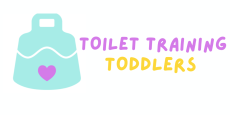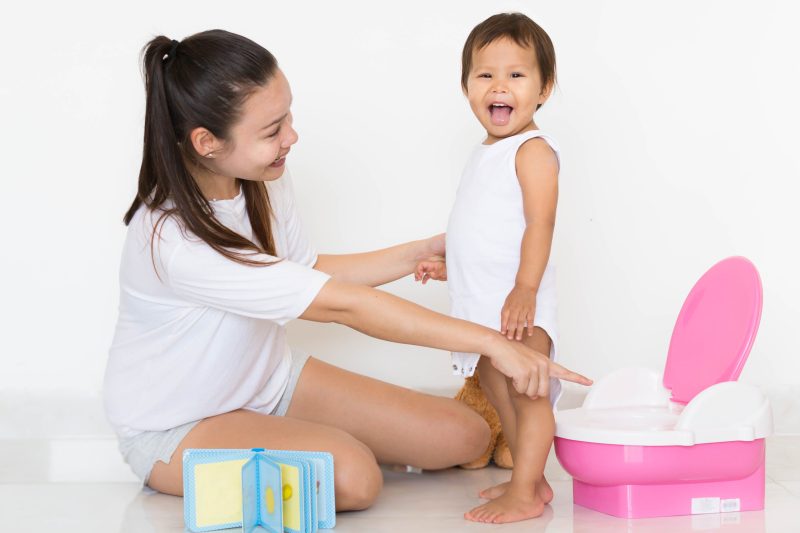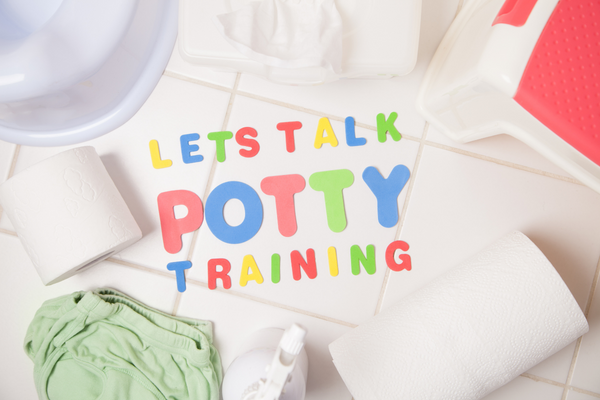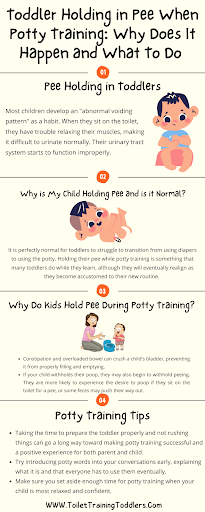Are you struggling with potty training your toddler, or do they insist on holding their pee? If yes, you are not alone! Many toddler parents encounter similar problems while teaching their kids to use the bathroom, which can be a stressful and disheartening experience.
Don’t fret – this blog post is here to provide you with helpful advice and an easy approach to how to properly toilet train your child effectively without too much hassle. Get ready for tips, tricks, and answers as we explore what causes toddlers to hold in their pee when being potty trained so that you don’t have to worry anymore!
Pee Holding in Toddlers
A Toddler’s bladder functions best when it gets emptied fully regularly. Normal voiding, also known as bladder emptying, occurs every 2-2.5 hrs for school-going kids.
On the other hand, younger babies usually discharge pee more often. This is because they are developing and learning to pee. Some kids overstretch their bladders by holding their pee for an extended period.
Most children develop an “abnormal voiding pattern” as a habit. When they sit on the toilet, they have trouble relaxing their muscles, making it difficult to urinate normally. Their urinary tract system starts to function improperly.
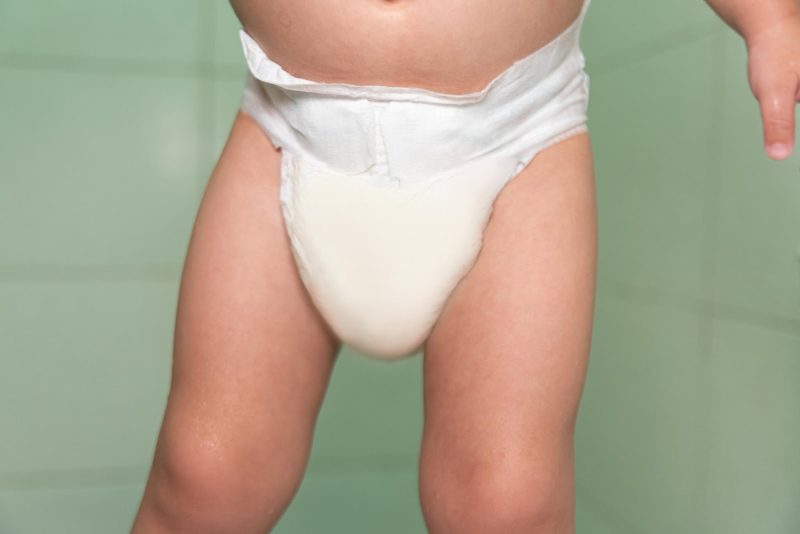
Why is My Child Holding Pee and is it Normal?
It is perfectly normal for toddlers to struggle to transition from using diapers to using the potty. Holding their pee while potty training is something that many toddlers do while they learn, although they will eventually realign as they become accustomed to their new routine.
It is essential that parents remember to provide positive reinforcement during these times so that the toddler can build confidence in their abilities and understanding of this new process.
Why Do Kids Hold Pee During Potty Training?
As part of the learning process, some toddlers may feel overwhelmed when transferred to a new environment, such as a toilet. To make this transition easier, it is important that parents remain patient and encouraging.
Here are some common reasons for toddlers holding their pee during potty training:
- Constipation and overloaded bowel can crush a child’s bladder, preventing it from properly filling and emptying. Check to see if your child has constipation and learn how to cure it.
- If your child withholds their poop, they may also begin to withhold peeing. They are more likely to experience the desire to poop if they sit on the toilet for a pee, or some feces may push their way out. They maintain control by not sitting at all.
- Starting a nursery, school, or another daycare facility away from the comforts of home and family might also lead to pee withholding. It might become more of a concern as the time intervals get longer.
- The toddler might be feeling a sense of control as they are still getting used to the idea of managing their bodies in this new way.
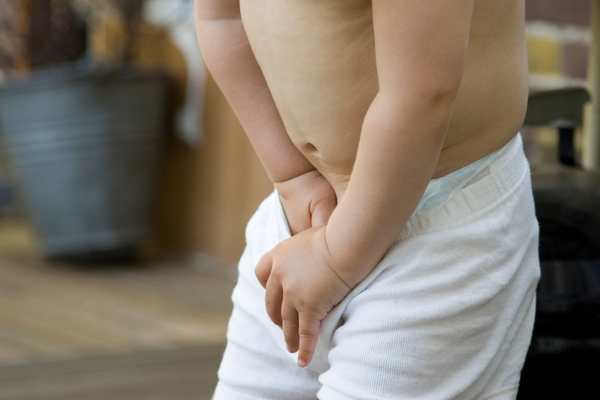
Potty Training Tips
Potty training can be one of the more challenging aspects of parenting, but it doesn’t have to be a monumental task.
- Taking the time to prepare the toddler properly and not rushing things can go a long way toward making potty training successful and a positive experience for both parent and child.
- Try introducing potty words into your conversations early, explaining what it is and that everyone has to use them eventually.
- Make sure you set aside enough time for potty training when your child is most relaxed and confident.
- Give lots of praise and be consistent in reinforcing behaviours, both in terms of redirecting accidents and rewarding successes.
- Keep things positive by offering your toddler their favourite treats. This can aid in keeping motivation high during potty training efforts.
- You can also opt for more ideas like water play, bedtime stories etc to motivate and teach your baby the importance of urinating.
With a few tips and some effort from both parent and child, success should soon follow!
Frequently Asked Questions (FAQs)
Here are a few frequently asked questions related to toddlers holding their pee.
Should I be concerned about my toddler holding pee?
Yes. For a toddler, urinating only 2-3 times a day is not enough. They should urinate about 5-6 times a day. Not urinating enough could lead to urinary tract infection (UTI), painful bowel movements and other infections in your toddler’s body. It could also lead to the habit of bed wetting and other daytime accidents.
At what age should a child be properly potty trained?
Most children are toilet trained by the age of 36 months. It takes an average of 6 months for children to learn the method. Girls often complete toilet training 2 to 3 months before boys.
What is the easiest way of toilet training a toddler?
Allow your kid to sit on the potty chair or toilet for a few minutes without a diaper at 2-hour intervals. It’s frequently preferable for boys to learn to urinate while sitting down, then go to standing up once bowel training is complete.
Conclusion
Potty training can be a difficult process for both children and parents alike. One issue many parents face is that the kids may hold their pee.
Reasons can vary, ranging from fear of going to the bathroom all the way to feeling uncomfortable sitting down in unfamiliar settings. As a parent, it is important to talk about the issue openly with your child to ensure a successful potty training experience.
Encourage them by making sure they know it is perfectly natural and safe, provide incentives or rewards, visit toilets unfamiliar to them ahead of time, so they are not scared, and consider making potty breaks at regular intervals part of your daily routine.
Giving your child a routine will also help make using the restroom easier for them as potty training continues.
